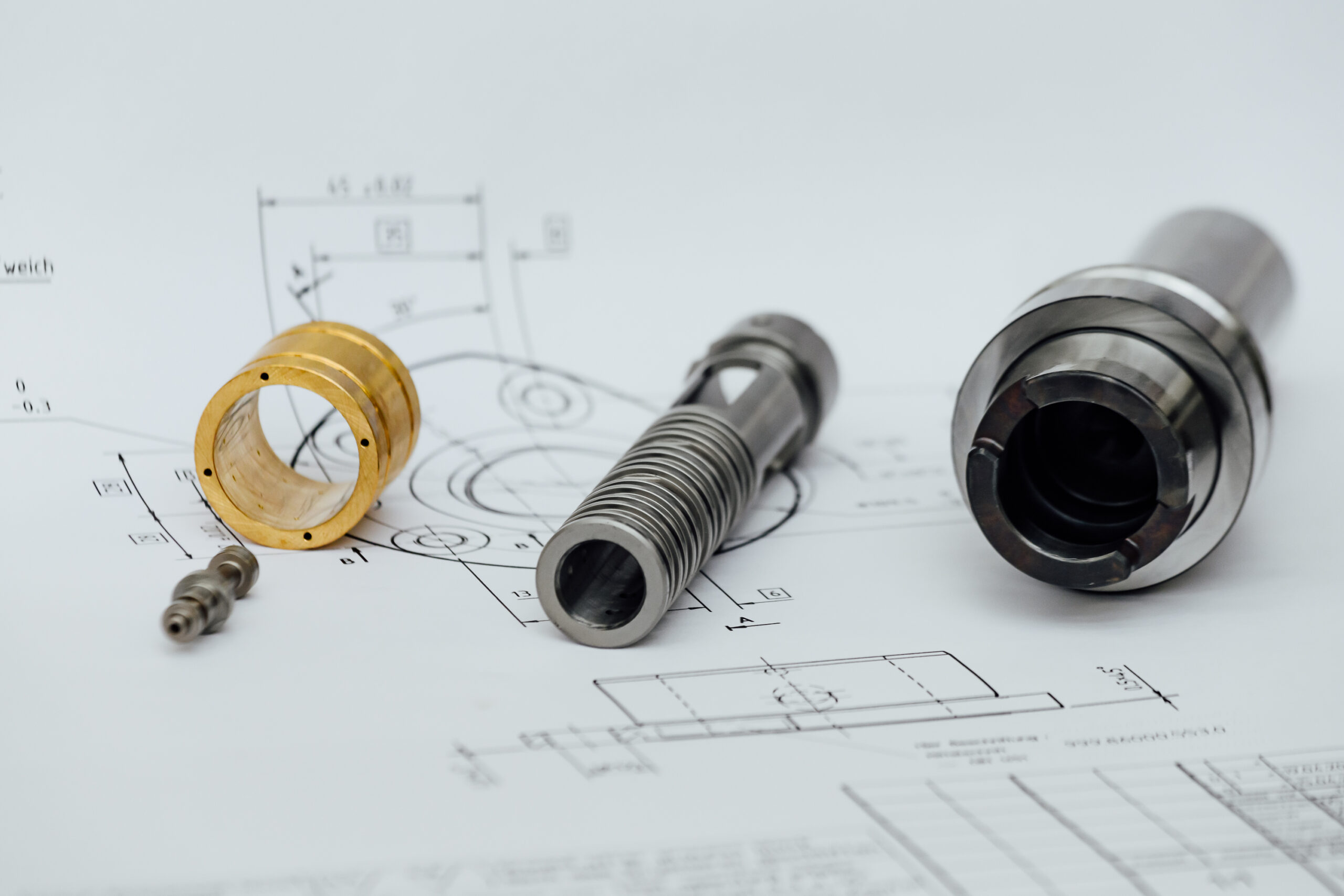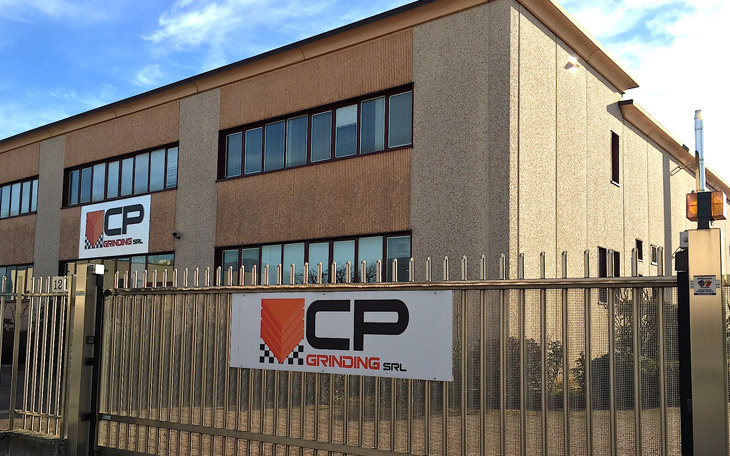Selecting the right precision mechanics supplier is a critical decision for companies that want to produce high-quality products with tight tolerances and precision.
Here are some key factors to consider when choosing a precision mechanics supplier:
- Experience and expertise: it’s important to select a supplier with a strong track record of providing precision mechanics services to clients in your industry. Consider the supplier’s expertise, technical capabilities, and experience working with materials and components that are similar to those in your products.
- Quality control and certifications: look for suppliers with comprehensive quality control measures and certifications, such as ISO 9001 or AS9100, that ensure they meet strict quality standards. This helps to ensure that the parts and components they produce meet the required specifications and that they have the necessary quality control measures in place to minimize errors and defects.
- Technical capabilities and equipment: choose a supplier with the necessary technical capabilities and equipment to produce components and parts with the required tolerances and precision. This includes considering factors such as their machine capabilities, inspection equipment, and their ability to work with complex geometries and materials.
- Production capacity and lead times: ensure that the supplier you choose has the necessary production capacity to meet your needs, both in terms of volume and timing. This includes considering their lead times, ability to handle rush orders, and ability to scale up or down production as needed.
- Communication and customer service: choose a supplier who communicates effectively and provides excellent customer service. This includes factors such as their responsiveness, ability to provide regular updates on production progress, and their willingness to work collaboratively with your team to solve any issues that may arise.
In summary, when selecting a precision mechanics supplier, it’s important to consider factors such as experience and expertise, quality control and certifications, technical capabilities and equipment, production capacity and lead times, and communication and customer service. By carefully evaluating these factors, you can select a supplier who can meet your production needs and deliver high-quality parts and components that meet your specifications.




